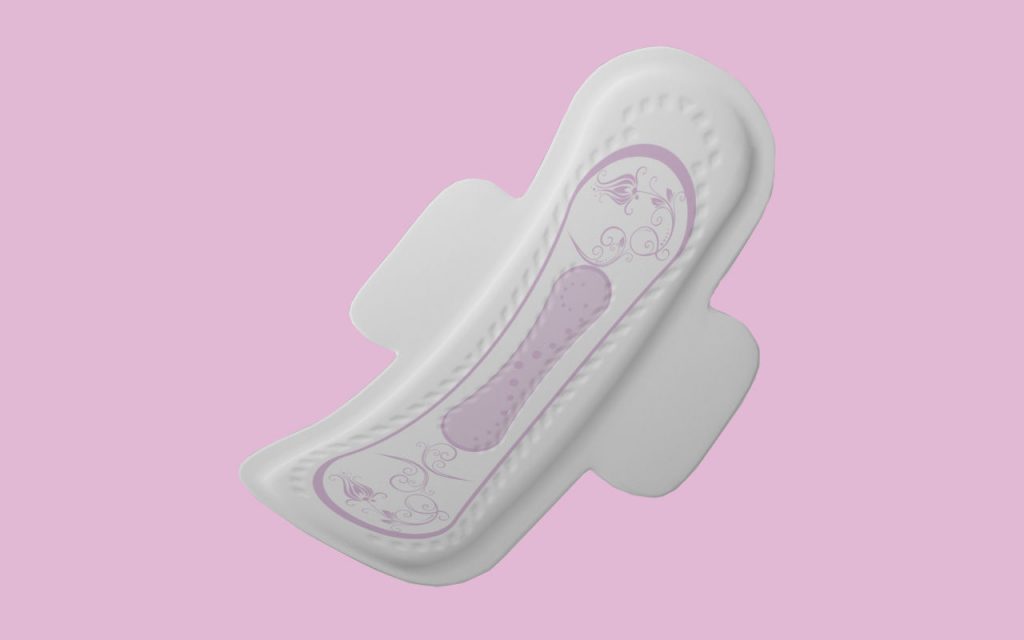There are some people that will do anything to get high, but now it seems that there’s a new crazy way of getting intoxicated that’s doing the rounds among youngsters in Southeast Asia.
If you’re squeamish, beware – this will turn your stomach.
Officials in Indonesia are claiming that teenagers are using women’s menstrual pads to get high off of.
The teenagers are apparently getting stoned by using their chemistry skills to boil sanitary products and then drinking the water.
The kids reportedly live on the streets of cities like Kudus, Pati, Rembang, and West Semarang, in poverty and are typically between the age of 13-16, and take the menstrual pads, (some of which have even been used already) and boil them in water.
Boiling the pads distils the chemical gels inside, which gives them a high similar to those experienced by people huffing glue.
Senior Commander Suprinarto, a representative from the National Narcotics Agency, stated: “The used pads they took from the trash were put in boiling water. After it cooled down, they drank it together … The materials they’re using are legal, but they’re not being used in a way that’s intended, so it ends up being used like a drug. We need to take steps to educate people that there are materials that aren’t classified as drugs or psychotropics in the eyes of the law, but can still be misused.”
This is apparently not a new problem, and some experts are now claiming that this kind of behaviour has been ongoing for a number of years.
Jimy Ginting, an Indonesian anti-addiction activist, commented on the rise in cases of solvent abuse and underage alcoholism in the country, stated: “I don’t know who started it all, but I knew it started around two years ago. There is no law against it so far. There is no law against these kids using a mixture of mosquito repellent and cold syrup to get drunk.”
Commissioner for drugs and health with the Indonesian Committee on Child Protection Sitty Hikmawatty stated: “A lot of these kids are smart, and with the internet they can make new variants and concoctions. This is where the risk factor goes up because they’re only concerned with one substance in a mixture, ignoring the other substances, leaving open the possibility of fatal side effects.”
The Indonesian Ministry of Health says that it will investigate the chemical composition of menstrual pads to discern what is giving them the high.
This issue has served to highlight the problem of child poverty in the region, as well as the large amount of waste produced by sanitary pads in the first place.
